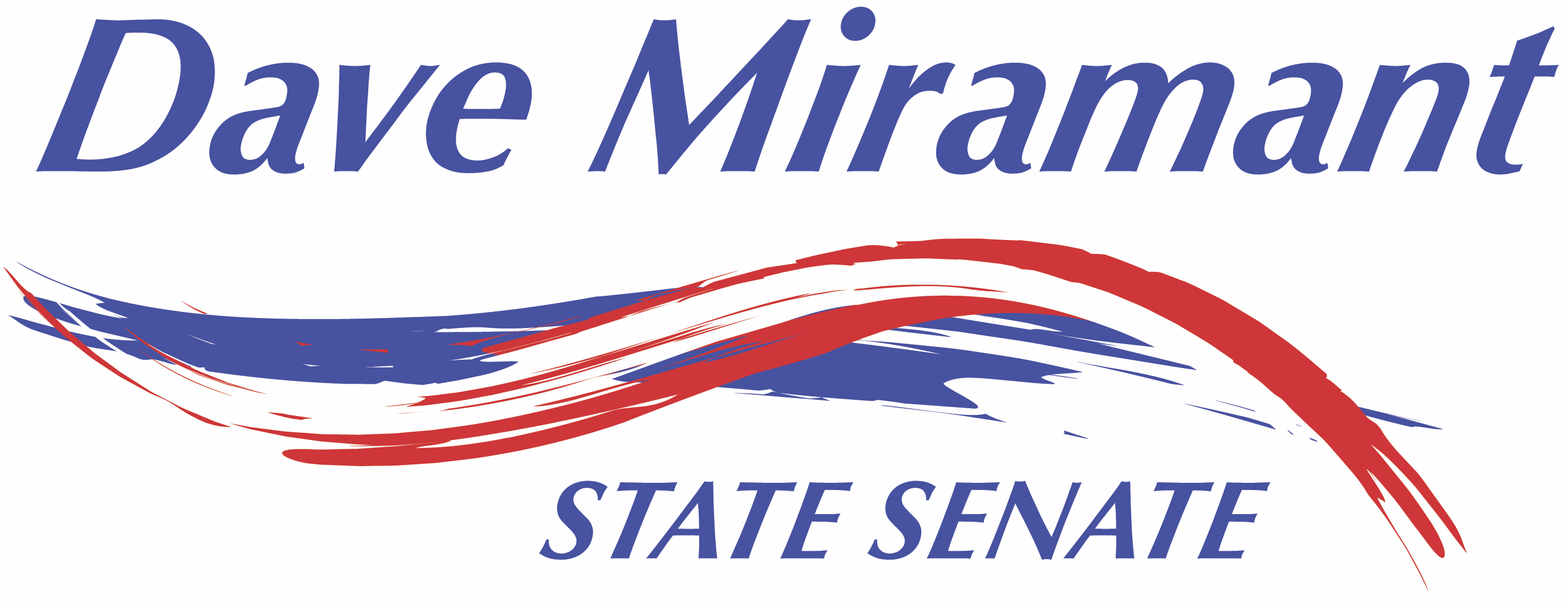Country should follow Maine’s lead and legalize marijuana
On Tuesday, Nov. 9, I met with my colleagues on the Marijuana Advisory Commission. It was a routine meeting between elected officials, like me, and other stakeholders such as the Maine Municipal Association, the Office of Marijuana Policy and others. At the ballot box in 2016, Maine voters approved legalizing the recreational use, retail sale and taxation of marijuana.
Following an intensely bureaucratic process, LD 1719 became law on May 1, 2018, fully enacting the people’s wishes. The rulemaking process for legalizing marijuana began in March of 2019. The Office of Marijuana Policy, along with legislators, formally proposed rules in May of that year, which were adopted in June during the 129th Legislature. Finally, in the fall of 2020 the first adult use establishment licenses were issued. Today, I’m proud to serve as the chair of the Marijuana Advisory Commission, and I’d like to share with you a general update of where marijuana policy stands.
On Tuesday, Nov. 9, I met with my colleagues on the Marijuana Advisory Commission. It was a routine meeting between elected officials, like me, and other stakeholders such as the Maine Municipal Association, the Office of Marijuana Policy and others. At the ballot box in 2016, Maine voters approved legalizing the recreational use, retail sale and taxation of marijuana.
Following an intensely bureaucratic process, LD 1719 became law on May 1, 2018, fully enacting the people’s wishes. The rulemaking process for legalizing marijuana began in March of 2019. The Office of Marijuana Policy, along with legislators, formally proposed rules in May of that year, which were adopted in June during the 129th Legislature. Finally, in the fall of 2020 the first adult use establishment licenses were issued. Today, I’m proud to serve as the chair of the Marijuana Advisory Commission, and I’d like to share with you a general update of where marijuana policy stands.
Last week, when the Commission met, the Office of Marijuana Policy shared with us that Maine saw an uptick in recreational sales during the summer, largely due to our pre-existing expansive tourism industry. We also learned that there is a lot of interest from folks already in Maine to grow cannabis or open a dispensary. Because so many people are interested, the approvals process has slowed down the office as they review each application. This has placed an undue burden on Maine businesses and entrepreneurs as they try to enter the industry. We passed legislation this session to give small scale dispensaries and growers greater say in the regulation process to provide important insights as we continue to do the work to implement smart statewide policies for marijuana.
Thankfully, this year the Legislature passed LD 1242, which authorized the Office of Marijuana Policy to hire more regulators to ensure compliance and to help businesses get the proper licenses they need. I look forward to seeing how Maine continues to implement the best strategies for managing marijuana use. On top of encouraging safe drug practices, the state gains tax revenue that goes directly toward paying for things like snow plowing or helping municipalities pay for town services like firefighters. Legalizing recreational and medical marijuana helps the people of Maine at every level, and is something I believe our federal government should do, too.
Recreational and medical marijuana is not legalized at the federal level. This is a major complication for our state as we try to navigate the best practices for Maine people and work alongside federal law enforcement agencies. Currently, Maine is one of 15 states that has fully legalized marijuana use along with 20 other states that have legalized medical marijuana use. Legalizing and properly regulating marijuana gives people the option to use a non-addictive substance, less dangerous than alcohol with proven medical benefits. By legalizing marijuana and allowing people to safely use a regulated substance, people will have the option to choose what is right for them. I believe more and more people see the legalization of marijuana as a practical policy move.
From social justice lens, spending resources on criminalizing marijuana directly targets Black communities, and takes time and energy away from law enforcement that could go to other more important matters. According to the ACLU, between 2001 and 2010 alone, there was a marijuana arrest every 37 seconds, and there were more than 6 million arrests nationally between 2010 and 2018, with a stark percentage of those being Black Americans. If we can legalize marijuana at the federal level, fewer people will be behind bars, and our hardworking law enforcement officers can focus on combating more serious crises like the opioid epidemic. Legalizing marijuana at the national level, like we’ve done here in Maine, is common sense policy and helps states like ours navigate regulations.
If you or someone you know needs assistance here in Knox County, I hope that you reach out to me. If you have questions or just want to connect about legislation or a state agency, please reach out any time. My email is David.Miramant@legislature.maine.gov and my office phone number is 207-287-1515. You can find me on Facebook at facebook.com/DaveForMaine. You can also sign up to receive my regular e-newsletter at mainesenate.org.
